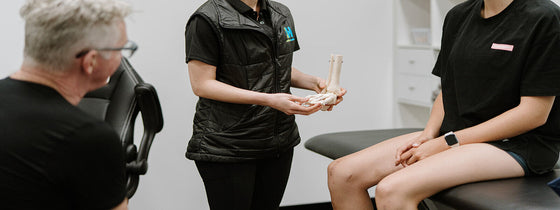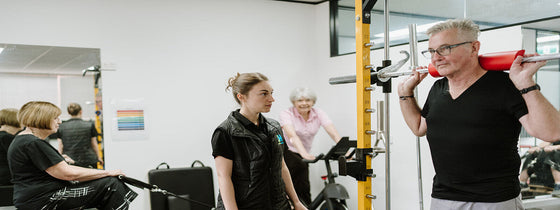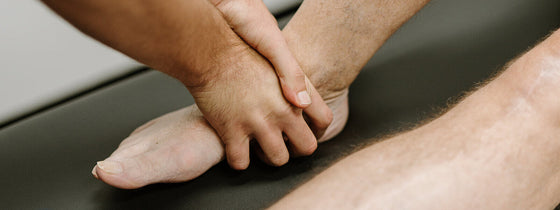We all want to play at our best. Good nutrition is vital to ensuring you get the most from your body. In addition to food, drinking enough fluid to keep well hydrated plays an important role in optimising performance and general wellbeing.
How do I tell whether I'm hydrated?
Every person is different when it comes to fluid needs. Sweat rates can vary from one individual to another and we have different fluid requirements at different ages in our lives. As a general rule of thumb, if your urine is a pale, yellow colour then you are well hydrated. Also worth noting, over drinking can also be problematic and cause stomach upset and in severe cases, it can be dangerous to your health.
Pre-game
It is important to be hydrated before game day to maximise your performance. Don't wait until the day of the tournament to hydrate - if you start the day dehydrated, the body will take a while to re-hydrate and this may affect your performance. Ensuring you drink plenty of fluids leading up to game day will put you in great shape. Water is generally your best choice for good hydration pre-game. On the night before a game, make sure you have healthy meal containing some protein and carbohydrates (pasta bolognaise, meat with potato and vegetables, rice with chicken and vegetables) to provide your body with the fuel it needs.
Game Day
Breakfast is important to top up your fuel stores. Choose foods containing carbohydrates and protein such as cereal and milk. During a game, make the most of bench time, half time, time out and warm up to take a drink from your water bottle. Sipping water is the best way to hydrate, rather than drinking large amounts in one go. Don't forget on tournament day to keep up your fluid in between games. To keep your fuel stores up in between games, choose lighter, easy to digest meals based on carbohydrates such as jam or honey sandwiches, dried fruit, muesli bars, fruit or a smoothie based on milk.
Post-game
After the game, it is important to continue to drink water, or have some milk, plus include some snacks or a meal containing protein and carbohydrate. No need for specialty foods. All hydration and nutrition needs for pre, during and post-games can generally be met through regular foods and drinks.
What about sports drinks?
Sports drinks contain electrolytes that help absorb fluid into the body more readily and carbohydrates for energy. For some, during prolonged activity, such as a busy tournament or in intense heat when Summer temperatures can heat up stadiums, a sports drink may be helpful in providing a quick way to replenish lost fluids through sweat. They are not recommended as a drink outside of sport times, as they are a high source of refined carbohydrates and not a great choice for teeth, or our health in general. Outside of sport, we get electrolytes and quality carbohydrates from a healthy balanced diet.

If you're experiencing back or neck pain with neurological signs and symptoms, a thorough neurological examination is crucial for accurate assessment and effective treatment. In this Optimal Tip learn more about what we mean by completing a neurological exam!

Squats, deadlifts, and calf raises are key movement patterns that should be part of every strength and conditioning program—regardless of age and activity level. These functional movements support joint health, improve posture and balance, and reduce the risk of injury while building strength where it matters most.

A ganglion cyst is a fluid-filled swelling that typically forms over a joint or tendon sheath, causing discomfort and pain, especially when pressing against nerves or joints. Proper assessment and treatment, including physiotherapy, are essential for managing symptoms and improving function in the presence of a ganglion in your hand, foot, or wrist.